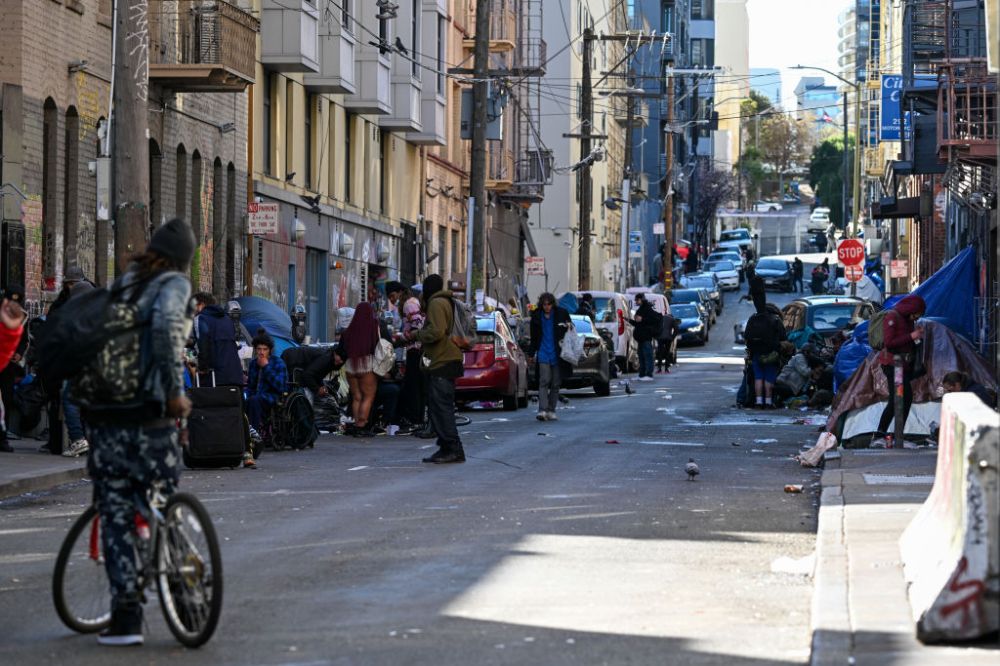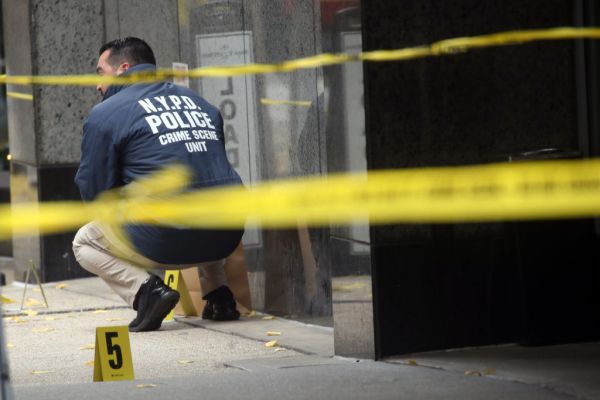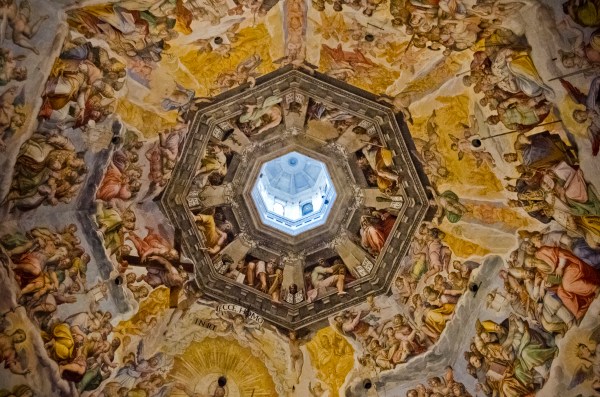Dear Yanks (especially the fashionistas),
I said I was going to write a “news”letter today, and I mean to keep that promise. I’d like to do it blog-style, by which I mean like Dim Sum Style—i.e. small, digestible, discrete bites. That sounds like something that could be called Hannibal Lecter Style, but that’s a little different.
I am still in London. I love this city. It’s a flâneur’s city. And I am a first order flâneur (which, ironically, sounds like advice Lecter would give to a protégé, “first order flâneur, then move on to more sedentary fare”). But London has a big problem. Or more accurately, London is a big problem for England because England doesn’t really have a second city. I don’t mean it doesn’t have a comedy troupe made famous by Bill Murray, John Candy, and Eugene Levy (But I sort of do mean that it doesn’t have a Chicago—or Los Angeles, or Nashville, Boston, Milwaukee, Atlanta, etc.).
(My editor complained that the above is “D.C. erasure” but I think D.C. is a separate case and that if D.C. became more like London—the most important city in every field, that would be a disaster. America was in many ways—not all!—healthier when D.C. was a cultural backwater.)
In the 19th century, “second city” was a generic term for the second largest city in a state or a country. So like Lawrence, Kansas, was the “second city” of Kansas. Argo City was the second city on Krypton. Etc. Chicago came to be called “Second City” in part because the first one burned to the ground because of that stupid cow (PETA never deals with the argument for “payback” as a reason to eat beef). But the nickname really stuck when The New Yorker’s A.J. Liebling wrote a nasty, snobby piece about how Chicago couldn’t hold a candle to New York City, called “Chicago: The Second City.”
For what it’s worth, I think Chicago is awesome, despite the seemingly determined effort by the political leadership there to turn it into a windier and colder San Francisco or Portland. But that’s not the point. My point is that countries need more than one megalopolis. I love New York City, and it’s certainly a very important city, but you don’t have to live there to become extremely successful. Sure, in finance and fashion, it makes sense to spend some time in New York, but you don’t really have to. And you certainly don’t have to stay there. And for fields like law, architecture, medicine, etc. there are numerous other cities you can live in and rise to the top of your profession. It doesn’t really work that way in the U.K. You have to go to London.
One of the trendier ideas in the world of eggheadery is “elite overproduction.” I’m sympathetic to some of the arguments, but I think they’re often overstated because the fields where we do have a surplus elite are concentrated among the ranks of people who use terms like “elite overproduction”—academics, journalists, people with really annoying yard signs etc. The fact that there’s not enough demand to absorb the supply of English professors and sociologists isn’t an indictment of the American system or “late capitalism” or any of that folderol. It is an indictment, I would argue, of the actual institutions that produce English professors and sociologists.
But, more to the point, surgeons are elites, and so are, I dunno, molecular biologists, engineers, architects, musicians, inventors, etc. I don’t think we necessarily have too many of them. And they can find work in all of those other cities.
And that’s sort of my point. Real estate and housing costs in London are insane because the top people in every field are concentrated here, and because they feel they have to be. And so London is sociologically, politically, and economically, a massive bottleneck. Its elite dominates everything, from language—BBC English and all that—to culture, economics, and of course, politics. That makes London a really wonderful place to visit. But it’s also one of the reasons the rest of the country is doing so poorly. Per capita GDP in Manchester, England’s second “richest” city, is almost half of London’s, at $31,178. In America, that would rank Manchester at around 379—between Brownsville, Texas, and Gadsden, Alabama.
Cities, glorious cities.
Well, so much for Dim Sum Style. Let’s stay on cities for a bit more. I don’t really like the rush to make the fires in California into a political issue. I mean, it should be a political issue, although it would be better if people could wait until the fires were out. But they aren’t waiting.
So, without getting into the weeds of specific accusations and finger-pointing, I think it’s worth revisiting a point I’ve been harping on for a very long time. “The government” and “the state” are often used interchangeably by political scientists, journalists, lawyers, and politicians. And that’s often fine. But philosophically, I think there’s a real difference. Or at least the two words are good stand-ins for two very different things.
For our purposes, government is the legal institution that enforces the laws, provides for the common defense and public welfare and collects taxes for those ends. It doesn’t necessarily collect the garbage and run the sewers, but it’s the thing that makes sure those things happen.
The state is a more mystical concept. It’s like the guiding hand of society. All of those European eggheads—Hegel, Comte, Marx et al—saw it as the replacement for God, the means of shaping and directing society toward some destination. It’s the “vision” thing. What was it Hegel said? “Are you going to eat your fat?” No, I think that was Radar in M*A*S*H. But he did say the “state is the march of God on Earth.”
Various statist experts, politicians, activists, intellectuals believed they had a gnostic access to this vision and took it upon themselves to use the powers of the state to transform the people, collectively or individually, into an aesthetic or spiritual conception of what society should look like. (As I wrote about here, Randolph Bourne was one of the first American intellectuals to really understand the difference between the state and government.)
This kind of statism is a huge problem in national politics, and I reserve the right to continue to criticize it, endlessly, in both its right-wing and left-wing forms (because nationalistic statism and socialistic statism are both forms of statism). But at least it’s understandable at the national level. The psychology makes more sense to me. It’s more human to believe that the leaders of the whole country should have a vision of what the whole country should be like. I disagree with that worldview, passionately. But I get it.
But that attitude is ludicrous and infuriating when it comes from leaders of cities. I don’t mean city-states like Singapore or Calvin’s Geneva. I mean cities like, say, Cleveland or Oakland. If you tell me you have a mystical, transformative, or socially revolutionary plan for Cleveland, I’m going to ring the bell and get off the bus even though it’s not my stop.
I’m reminded, again, of this quote from Nat Glazer:
New York stopped trying to do well the kinds of things a city can do, and started trying to do the kinds of things a city cannot do. The things a city can do include keeping its streets and bridges in repair, building new facilities to accommodate new needs and a shifting population, picking up the garbage, and policing the public environment. Among the things it can’t do are redistributing income on a large scale and solving the social and personal problems of people who, for whatever reason, are engaged in self-destructive behavior.
That’s it. That’s the problem. Cities aren’t supposed to have mystical, transformative, visions for how people live. They’re supposed to prevent crime and, when they cannot do that, punish criminals (which, it turns out, helps prevent future crime). They’re supposed to put out fires and enforce rules that make fires less likely. They’re supposed to either run schools well or, preferably, make sure that private and parochial institutions run schools well. They’re supposed to do normal stuff to make it possible for people to live normal lives.
I don’t love technocracy, but I’ll take a city run by a competent technocrat over any hack with a “vision”—right-wing or left-wing—any day of the week.
But one of the problems a lot of our big cities have is that all of those surplus intellectuals think cities should be engines of social transformation and social justice. Again, I’ll listen to any politician with a vision for pursuing some utopian transformative stuff, but only after they’ve taken care of the actual job of running cities. Have some great plan for solving global warming, racism, or greed? Great! Fill me in right after you take care of the potholes and the homeless dudes dropping a deuce at my kid’s playground.
One last point. I’m with Friedrich Hayek that “social justice”—and all of its faddish synonyms—is a nonsense concept. But if you believe in social justice, you should want cities to be run well, with very low crime, robust housing markets, and thriving businesses. Why? Because those kinds of cities are good for poor people. Crime is a regressive tax on poor people.
I grew up learning about how terrible tenements and sweatshops were. I think we covered the Triangle Shirtwaist Factory fire every year of my K-12 education. But what nobody ever really explained or addressed is the fact that cities teemed with poor immigrants (from abroad and from rural areas) because cities were where poor people went to get unpoor. That’s where the jobs are—and always have been. Fast-growing and safe cities are good for poor people. The weird thing about the blue state city model is that such cities are run by people who claim to be for poor people, but they end up making cities good for the very rich and a dangerous mess for nearly everyone else. If they spent less time trying to be the state and more time trying to make the government work, they’d get closer to the goals they claim to be seeking.
Oh and just for equal time, a lot of people on the right need to be reminded that good cities are awesome. I grow ever wearier of all the performative anti-city stuff from right-wingers who live or work in cities. Look, rural people may indeed be the salt of the earth and cityfolk should stop telling them they’re living wrong. But vast amounts of culture—including conservative-friendly culture—is created in cities. Wealth is created in cities. Great cuisine is created in cities. (I’m sorry to inform you that the idea that rustic and authentic cuisines migrate from traditional societies into cities has it backward. Nearly all of that stuff is invented in cities, particularly Italian cuisine.)
America needs great cities, and it needs conservatives to be competitive in them again. And that means recognizing that they are every bit as much part of “real” America as the stuff in the country music videos—most of which were produced in Nashville or Los Angeles.
Various & Sundry
Canine Update: I’ve been away from my beasts for nearly a week. Reports from Wisconsin are that they are pissed I am missing. Reports from D.C. are that the skeleton crew staff we left Gracie with is adequate to her needs—for now. I will have a more fulsome canine update next week.
The Dispawtch

Owner’s Name: Dinah Bucholz
Why I'm a Dispatch Member: I had been hanging onto my subscription at National Review just so I could continue reading Jonah Goldberg and David French. When they peremptorily disappeared. I searched for them high and low and found them at The Dispatch. So I switched, for the same reason so many Dispatch members joined; to continue reading my faves and keep my sanity during the Trump and COVID years.
Personal Details: I believe doughnuts are the most delicious food in the world, second only to chocolate--and even that is debatable. I'm a clean freak with a recurring nightmare that Passover is about to begin and I haven't even started cleaning the house yet.
Pet's Name: Mrs. Cat
Pet's Breed: American shorthair (black tabby)
Pet's Age: 13
Gotcha Story: My kids begged for a pet, but I swore I would never share my living space with an animal. Then the mice came, and came—it was like a biblical plague. They knew where to find the good stuff, as my pantry is always stocked with ingredients like nuts and dark chocolate (for my recipe development and food writing, of course). They brought their friends and their friends' friends and had a party! We got a cat, the mice disappeared, and the level of smugness my kids displayed thereafter was surely illegal.
Pet's Likes: Mrs. Cat's favorite things include, but are not limited to: sitting on my computer keyboard so I'll pay her attention instead of working, tuna, taking up all the space on my pillow when I'm trying to sleep, and finally, tuna.
Pet's Dislikes: Mrs. Cat cannot abide Pill Pockets. I tried every flavor, until finally I found an ordinary tuna-flavored cat treat in which I could hide her medicine.
Pet's Proudest Moment: Mrs. Cat's proudest moment was leaving a gift of mouse guts at my daughter's bedside. My daughter, poor thing, stepped right into it with her bare feet when she woke up, emitting a horror-movie-worthy scream.
Moment Someone (Wrongly) Said Pet Was a Bad Cat: A guest was petting her fur the wrong way and became super miffed when she batted his hand away. Don't rub 'em the wrong way, sir!
Do you have a quadruped you’d like to nominate for Dispawtcher of the Week and catapult to stardom? Let us know about your pet by clicking here. Reminder: You must be a Dispatch member to participate.







Please note that we at The Dispatch hold ourselves, our work, and our commenters to a higher standard than other places on the internet. We welcome comments that foster genuine debate or discussion—including comments critical of us or our work—but responses that include ad hominem attacks on fellow Dispatch members or are intended to stoke fear and anger may be moderated.
With your membership, you only have the ability to comment on The Morning Dispatch articles. Consider upgrading to join the conversation everywhere.